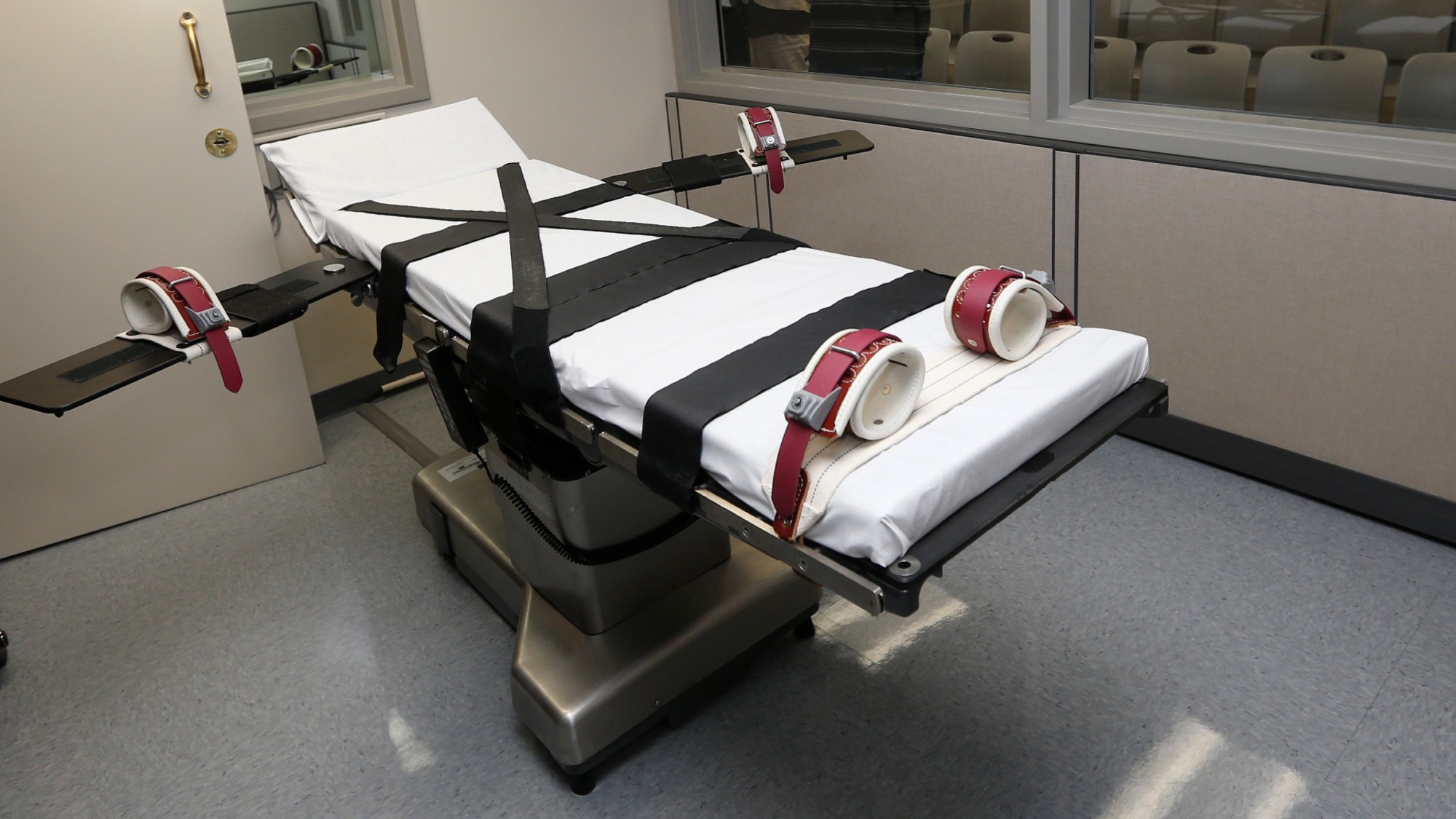Drug shortages could present national security risk to U.S., report says


A free daily email with the biggest news stories of the day – and the best features from TheWeek.com
You are now subscribed
Your newsletter sign-up was successful
Shortages of critical drugs could represent an ongoing national security risk to the United States, a new report said Wednesday.
The report, helmed by the Senate Homeland Security and Governmental Affairs Committee, found that drug shortages across the country increased nearly 30 percent from 2021 to 2022. These shortages have been caused by a variety of factors, including supply chain issues and economic swings, the report said.
These shortages "have left health care professionals grappling with limited resources to treat patients in need," committee Chairman Sen. Gary Peters (D-Mich.) said in prepared remarks at a hearing highlighting the report's findings, adding "these underlying causes not only present serious concerns about providing adequate care to patients, they also represent serious national security risks."
The Week
Escape your echo chamber. Get the facts behind the news, plus analysis from multiple perspectives.

Sign up for The Week's Free Newsletters
From our morning news briefing to a weekly Good News Newsletter, get the best of The Week delivered directly to your inbox.
From our morning news briefing to a weekly Good News Newsletter, get the best of The Week delivered directly to your inbox.
These risks are based on the fact that 90 to 95 percent of generic sterile injectable drugs are dependent on base materials from China and India, the report said. Peters said that this reliance on foreign drug suppliers "remains an unacceptable national security risk."
However, this extreme shortage of drugs is not a new phenomenon. The report noted that at least 15 critical care drugs have been in shortened supply for more than a decade. This includes medications used to treat a variety of ailments from cancer to asthma, the report said.
Erin Fox, a pharmacist and professor at the University of Utah College of Pharmacy who has been tracking drug shortages for more than 20 years, told ABC News that because of the shortages, "patients and hospitals routinely cannot access the most basic and essential prescription medications."
Fox told ABC she is planning to testify at the hearing, where she "plans to describe the challenges of providing medical care in an environment where shortages are commonplace, citing studies that show adverse patient outcomes when providers are faced with shortages."
A free daily email with the biggest news stories of the day – and the best features from TheWeek.com
Justin Klawans has worked as a staff writer at The Week since 2022. He began his career covering local news before joining Newsweek as a breaking news reporter, where he wrote about politics, national and global affairs, business, crime, sports, film, television and other news. Justin has also freelanced for outlets including Collider and United Press International.
-
 Why is the Trump administration talking about ‘Western civilization’?
Why is the Trump administration talking about ‘Western civilization’?Talking Points Rubio says Europe, US bonded by religion and ancestry
-
 Quentin Deranque: a student’s death energizes the French far right
Quentin Deranque: a student’s death energizes the French far rightIN THE SPOTLIGHT Reactions to the violent killing of an ultraconservative activist offer a glimpse at the culture wars roiling France ahead of next year’s elections
-
 Secured vs. unsecured loans: how do they differ and which is better?
Secured vs. unsecured loans: how do they differ and which is better?the explainer They are distinguished by the level of risk and the inclusion of collateral
-
 Maxwell pleads 5th, offers Epstein answers for pardon
Maxwell pleads 5th, offers Epstein answers for pardonSpeed Read She offered to talk only if she first received a pardon from President Donald Trump
-
 Hong Kong jails democracy advocate Jimmy Lai
Hong Kong jails democracy advocate Jimmy LaiSpeed Read The former media tycoon was sentenced to 20 years in prison
-
 Ex-Illinois deputy gets 20 years for Massey murder
Ex-Illinois deputy gets 20 years for Massey murderSpeed Read Sean Grayson was sentenced for the 2024 killing of Sonya Massey
-
 Sole suspect in Brown, MIT shootings found dead
Sole suspect in Brown, MIT shootings found deadSpeed Read The mass shooting suspect, a former Brown grad student, died of self-inflicted gunshot wounds
-
 Executions are on the rise in the US after years of decline
Executions are on the rise in the US after years of declineThe Explainer This year has brought the highest number of executions in a decade
-
 France makes first arrests in Louvre jewels heist
France makes first arrests in Louvre jewels heistSpeed Read Two suspects were arrested in connection with the daytime theft of royal jewels from the museum
-
 Trump pardons crypto titan who enriched family
Trump pardons crypto titan who enriched familySpeed Read Binance founder Changpeng Zhao pleaded guilty in 2023 to enabling money laundering while CEO of the cryptocurrency exchange
-
 Thieves nab French crown jewels from Louvre
Thieves nab French crown jewels from LouvreSpeed Read A gang of thieves stole 19th century royal jewels from the Paris museum’s Galerie d’Apollon
